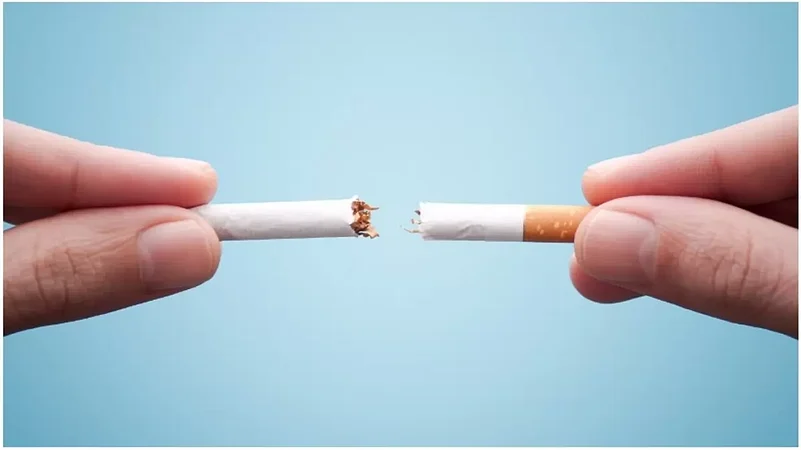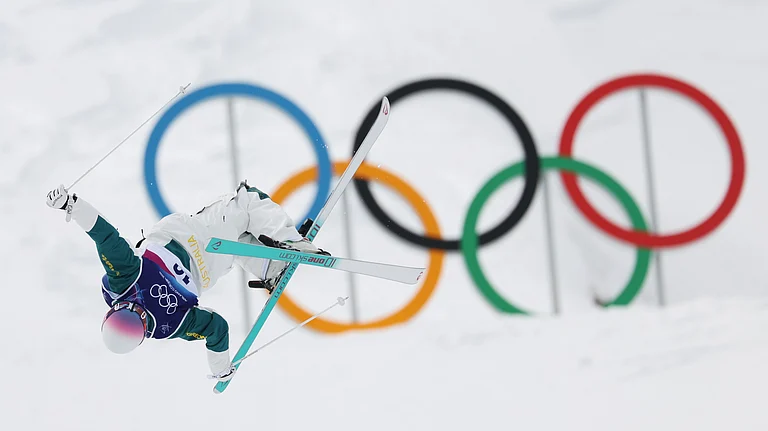New Zealand’s move to lift the world-first “generational smoking ban” introduced by former Prime Minister Jacinda Ardern is drawing criticism from health experts worldwide. The ban, which would have come into effect from July 2024, would have seen bans on selling tobacco to anyone born after January 1, 2009. However, on Saturday, New Zealand’s finance minister Nicola Willis said the country is set to axe the smoking ban law amid concerns that it would have significantly reduced tax revenues
The laws would have additionally decreased the permissible nicotine levels in smoked tobacco products and significantly reduced the number of tobacco retailers by over 90 per cent. The legislation was due to be implemented by July 2024 and would have included harsh penalties for violations, such as fines of up to NZ$150,000 ($96,000).
What was New Zealand’s generational smoking ban?
In 2022, the Jacinda Ardern-led government passed legislation for a “generational smoking ban”, which would have introduced a steadily rising minimum age for smoking. The then associate health minister Ayesha Verrall had applauded the move. She had said in a Twitter post, “As they age, they and future generations will never be able to legally purchase tobacco, because the truth is there is no safe age to start smoking.”
The former Labour government believed the measure would save lives and billions of dollars spent on smoking-related illnesses by the country's healthcare system in the coming years. The law would also have restricted tobacco sales to specified stores, drastically reducing the number of authorised outlets from 6,000 to only 600, nationwide.
Why has it been scrapped?
New Zealand’s new centre-right coalition government expressed concerns that the ban on tobacco products for anyone born after 2009 would lead to a “massive black market”.
“So absolutely, we still want to see lower numbers of people smoking, but we do not think that the outgoing government’s policy is the best way to achieve that,” Nicola Willis told Radio New Zealand last week.
On Saturday, Willis told NewsHub Nation that the coalition feared the smoking ban would reduce tax revenues. “...the effect of drastically reducing the number of shops that could sell tobacco products, denicotising those products and introducing a range of restrictions would significantly reduce revenue to the Crown.”
What are the experts saying?
Health Coalition Aotearoa (HCA) New Zealand’s co-chair Boyd Swinburn took to Twitter to express his disappointment, “The new NZ Govt says it will pull world-leading tobacco control laws. They are effectively wanting smokers to continue smoking and more children to start so they can collect more excise tax. Appalling!”
HCA pointed to academic research that found the laws could have saved some $1.3 billion in health system costs over 20 years, and reduced mortality rates.
The groundbreaking smoking legislation had garnered much praise from the rest of the world last year and countries like the UK and Australia had subsequently been considering adopting similar laws.
Principal research fellow at the University College London Tobacco and Alcohol Research Group Sarah Jackson said the decision could threaten plans in other nations, the Australian Broadcasting Corporation reported.
"There is a risk that New Zealand's U-turn could prompt policymakers in England to reconsider.”
University of Otago tobacco control expert Richard Edwards told AFP a public health "tragedy" was unfolding in the country, which once envisioned becoming almost entirely smoke-free by 2025. "I was absolutely shocked and appalled. It is one of the worst days I can remember for public health. It is public health vandalism."


























